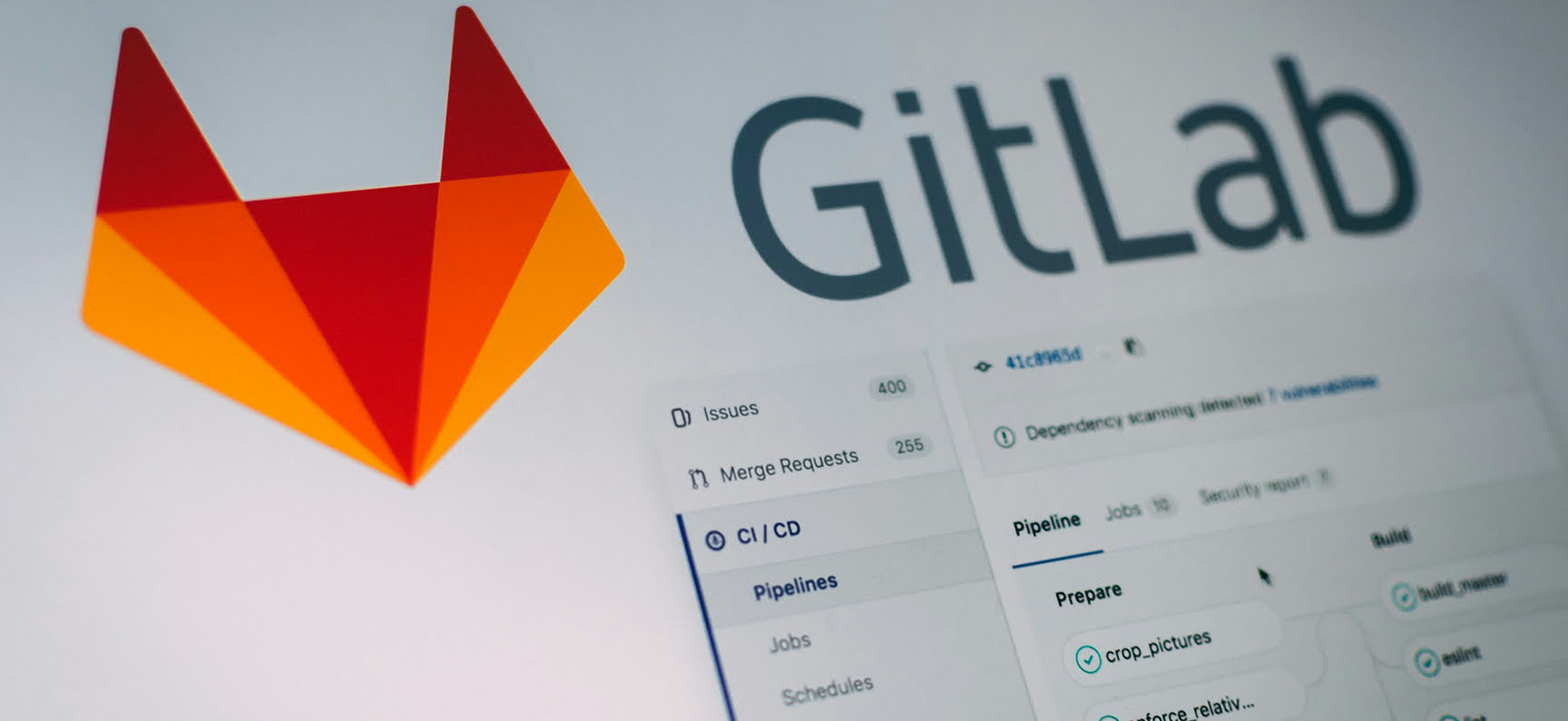What Is a DevOps Manager?
This figure is very important in today's software development. They make sure that the space between teams who build and those who use the software is removed to get better workflows, quicker deliveries, and good quality of delivered software. The work includes managing automation, security, and infrastructure management while pushing for changes as per needs within an organization.
Applying appropriate methods, taking care of CI/CD pipelines (a type of approach related to coding), aligning what developers want with objectives set by the business – all these lead an operational supervisor skilled at agile strategies to play a big part in improving DevOps services so they can become bigger and better optimized.
What Should a DevOps Manager Know?
To excel in this role, a DevOps technical manager must have expertise in various areas of software development and IT operations. Key areas of knowledge include:
- Proficiency in cloud platforms (AWS, Azure, Google Cloud) and infrastructure as code.
- Strong understanding of operations workflow, version control, and automation tools.
- Knowledge of DevOps services, security best practices, and compliance requirements.
- Experience in monitoring, logging, and performance optimization.
- Familiarity with configuration management tools such as Ansible, Puppet, or Terraform.
- Leadership and communication skills to align development and operations teams.

The Importance of an DevOps Manager
The importance of a DevOps Manager lies in their ability to streamline workflows, improve collaboration, and enhance the overall efficiency of software development. By implementing transformation services, they help organizations scale operations, reduce costs, and ensure rapid software delivery. By integrating automation, monitoring, and continuous feedback loops, an agile operations supervisor enhances operational efficiency, reduces downtime, and accelerates software delivery.
Their role is crucial in scaling operations, minimizing costs, and maintaining a high level of responsiveness to market demands. Through transformation services, they help organizations embrace agility, ensuring that software development and deployment remain fast, secure, and adaptable in an ever-evolving digital landscape.
What Does a DevOps Manager Do?
The role of DevOps Manager is to ensure smooth collaboration between developers, IT operations, security teams, and other stakeholders to enhance software development efficiency. They focus on DevOps automation, continuous monitoring, and system reliability. Additionally, they provide managed services, ensuring that software is deployed, updated, and maintained seamlessly.
The significance of an agile operations supervisor lies in their ability to streamline workflows, reduce deployment failures, and improve system security. A release supervisor is responsible for overseeing the entire software release process, ensuring smooth deployments, minimizing downtime, and coordinating development, testing, and operations teams to maintain a seamless delivery pipeline.

DevOps Manager Roles and Responsibilities
DevOps Manager roles and responsibilities include overseeing end-to-end agile operations processes ensuring the successful implementation of automation, cloud strategies, and security measures. Some key DevOps Manager responsibilities include:
- Leading DevOps developers and ensuring collaboration between cross-functional teams.
- Implementing and managing delivery pipelines to accelerate software delivery.
- Ensuring high availability, security, and scalability of infrastructure.
- Overseeing the adoption of DevOps transformation services for continuous improvement.
- Driving DevSecOps services to integrate security best practices into development workflows.
- Managing incident response and troubleshooting issues in production environments.
- Aligning business objectives with development and operational strategies.
- Implementing observability tools for real-time monitoring, logging, and performance analytics to ensure seamless system operations.
- Leveraging automation to improve deployment speed, reduce manual effort, and enhance operational efficiency.
- Enforcing security standards, data protection regulations, and industry best practices across all development and deployment processes.
- Overseeing multi-cloud or hybrid infrastructure strategies, optimizing costs, and ensuring high availability and disaster recovery plans.
- Enhancing communication and collaboration between engineering, security, and IT teams to streamline workflows and improve productivity.
- Utilizing tools like Docker and Kubernetes to improve application portability, scalability, and deployment efficiency.
- Selecting, implementing, and maintaining DevOps tools such as Jenkins, GitLab CI/CD, Terraform, Ansible, and monitoring solutions.

Types of DevOps Managers
There are different types of DevOps supervisors, each specializing in various aspects of software development services and operations.
Release Manager
DevOps release manager focuses on managing the software release process, ensuring that new features and updates are deployed efficiently. The role of release manager in DevOps includes coordinating development, testing, and deployment activities to minimize downtime and risks. Release manager roles and responsibilities in DevOps are crucial for maintaining stability and efficiency in the software delivery process. Their responsibilities overlap with DevOps project manager roles and responsibilities, ensuring a structured and predictable release cycle.
Product Manager
DevOps product manager oversees product development from an agile operations perspective, ensuring that automation, scalability, and security are incorporated throughout the software lifecycle. A product supervisor plays a crucial role in aligning continuous delivery strategies with business objectives. Unlike traditional product supervisors who focus primarily on product features and customer needs, a product supervisor ensures that automation, scalability, and security are embedded into the product development lifecycle. They work closely with development, operations, and security teams to optimize delivery pipeline, improve software reliability, and enhance performance.
Project Manager
DevOps project manager responsible for planning, executing, and managing continuous delivery projects, ensuring alignment with business goals. The role of project manager in DevOps includes tracking progress, mitigating risks, and optimizing workflows. The role of a project coordinator in continuous delivery involves overseeing DevOps-related projects, ensuring seamless execution from planning to deployment. They collaborate with teams, track progress, and manage resources to achieve business objectives.
Infrastructure Manager
An infrastructure coordinator is responsible for designing, managing, and optimizing the IT infrastructure that supports DevOps workflows. They oversee cloud and on-premise infrastructure, ensuring high availability, scalability, and reliability of systems. Their role includes implementing CI/CD pipelines, automating infrastructure provisioning, and managing configuration tools like Terraform, Ansible, or Kubernetes.
Security Manager
A security coordinator focuses on embedding security into every stage of the software development lifecycle. They ensure that security best practices are integrated into automation, minimizing vulnerabilities while maintaining fast and efficient deployment cycles. Their role involves working closely with development, operations, and security teams to enforce compliance, implement automated security checks, and respond to security incidents.
Senior Manager
Senior DevOps Manager leads continuous delivery initiatives at an enterprise level, managing large-scale managed services and driving strategic transformation efforts. A senior coordinator leads large-scale integrated development initiatives, driving automation, security, and operational efficiency across an organization. They oversee DevOps managed services, optimize cloud infrastructure, and ensure seamless collaboration between cross-functional teams. Their role involves setting strategic goals for automation, mentoring junior team members, and ensuring the successful implementation of transformation services.
How Managers Support DevSecOps Implementation
With the rise of DevSecOps services, integrated development coordinators play a key role in embedding security into software development. Integrating automated security tools and compliance checks ensures secure and resilient applications without slowing down the deployment process. Coordinators support DevSecOps implementation by integrating automated security tools, compliance checks, and vulnerability assessments into development pipelines. This approach ensures secure and resilient applications without slowing down the deployment process. Additionally, they facilitate collaboration between security, development, and operations teams to proactively address risks, enforce best practices, and maintain regulatory compliance.
How to Become a DevOps Manager?
Becoming an DevOps coordinator requires a strong technical background, leadership skills, and experience in integrated development practices. Here’s a roadmap to achieving this role:
- Gain Technical Expertise – Develop hands-on experience in automation, cloud computing, CI/CD pipelines, and security best practices.
- Work in DevOps Roles – Start as an integrated development engineer, system administrator, or software developer before transitioning into management.
- Develop Leadership Skills – A successful coordinator requires a skill set that includes project management, team collaboration, and stakeholder communication to drive efficient development and operational processes.
- Get Certified – Obtain certifications such as AWS Certified Engineer, Google Professional Engineer, or Kubernetes certifications to strengthen your credentials.
- Prepare for Interviews – Familiarize yourself with DevOps Manager interview questions and answers to confidently navigate job interviews and secure leadership roles.
An integrated development manager plays a vital role in modern IT environments, ensuring seamless software delivery, security, and operational excellence. By mastering key DevOps Manager skills and responsibilities, professionals can advance their careers and make a significant impact in their organizations.

Conclusion
An integrated development manager plays an essential role in modern software development by ensuring seamless collaboration between development, operations, and security teams. By integrating automation, optimizing the delivery pipeline, and implementing DevOps services, they enhance software delivery, security, and overall operational efficiency. Their ability to manage transformation services helps organizations scale, reduce deployment risks, and achieve faster time-to-market. With responsibilities ranging from CollabOps project management to release coordination, managers oversee automation, cloud strategies, security implementation, and incident response.
Similar articles
View allyour business
together
- PROJECT INQUIRIES info@artjoker.net
- CALL US +1 213 423 05 84
contact us:










